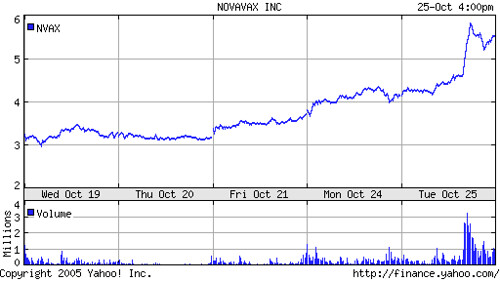Bill Rice at Dawn’s Early Light recently considered Sino-Japanese energy geopolitics. While the disputes over the Spratly Islands in the South China Sea are well-known, less well-known but, as Bill points out, equally contentious, are the disputes over gas fields in the East China Sea:
What is at stake is over 200 billion cubic meters of natural gas reserves. China already has developed stations at Chunxiao (Shirakaba), Duanqiao (Kusunoki) and Tianwaitian (Kashi) that are starting this month to produce natural gas. Japan had floated a proposal to jointly develop the sites, but only after China agreeing to stop drilling and submit to Japan its internal surveys of where the natural gas is coming from (See the Asia Times Online file for an in depth analysis).
